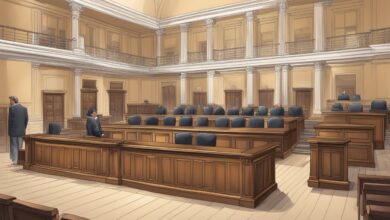UNESCO Chairs providing a compass in a post-truth world

Catalina Botero, UNESCO Chair on Freedom of Expression: Promoting Peace and Justice through Free Speech in Latin America (Colombia), strongly agrees that these issues are more pressing than ever and says that violence and intimidation of journalists have become worse in her region. In her work, she supports judges, civil servants, human rights defenders and students understand the threats against journalists and freedom of expression more broadly. She has been actively involved in UNESCO’s Judges’ Initiative, which, since 2013 has trained over 36,000 judges, prosecutors and lawyers on international and regional standards on freedom of expression, access to information and the safety of journalists. “Today, judges are the last defence barrier for journalists in Latin America. Because of this some governments have assaulted the judicial system because they know that judges are defending principles and values, and that some of their decisions will go down in history.”
The theme of World Press Freedom Day 2024, celebrated on the 3 May, was “A Press for the Planet: Journalism in the face of the Environmental Crisis”, a theme she sees as being highly pertinent in resource-rich Latin America. Illegal mining, in particular, is a major threat to woodland and waterways, as well as drinking water supplies, and relies on journalists to bring such stories to light. Such powerful economic interests – often linking organized crimes to politicians in complex webs of corruption – use all means necessary to bury the story and continue their activities, including murder. But, she laments, “when there is no investigative journalism, there is, essentially silence.”
Another major concern is the increasing and pernicious use of so-called strategic lawsuits against public participate or “SLAPP” laws which companies – and sometimes illegal groups – use to shut down journalistic investigation. Professor Harrison says that these are prevalent in Europe, describing the situation as “law weaponized to silence journalists” and is currently researching their use in the UK. But Professor Botero sees their rise in Latin America too where there is currently very little legal protection. She cites a recent ruling of the Inter-American Court on these issues but says that, overall legal mechanisms for protecting freedom of expression across the continent are insufficient.
Source link




